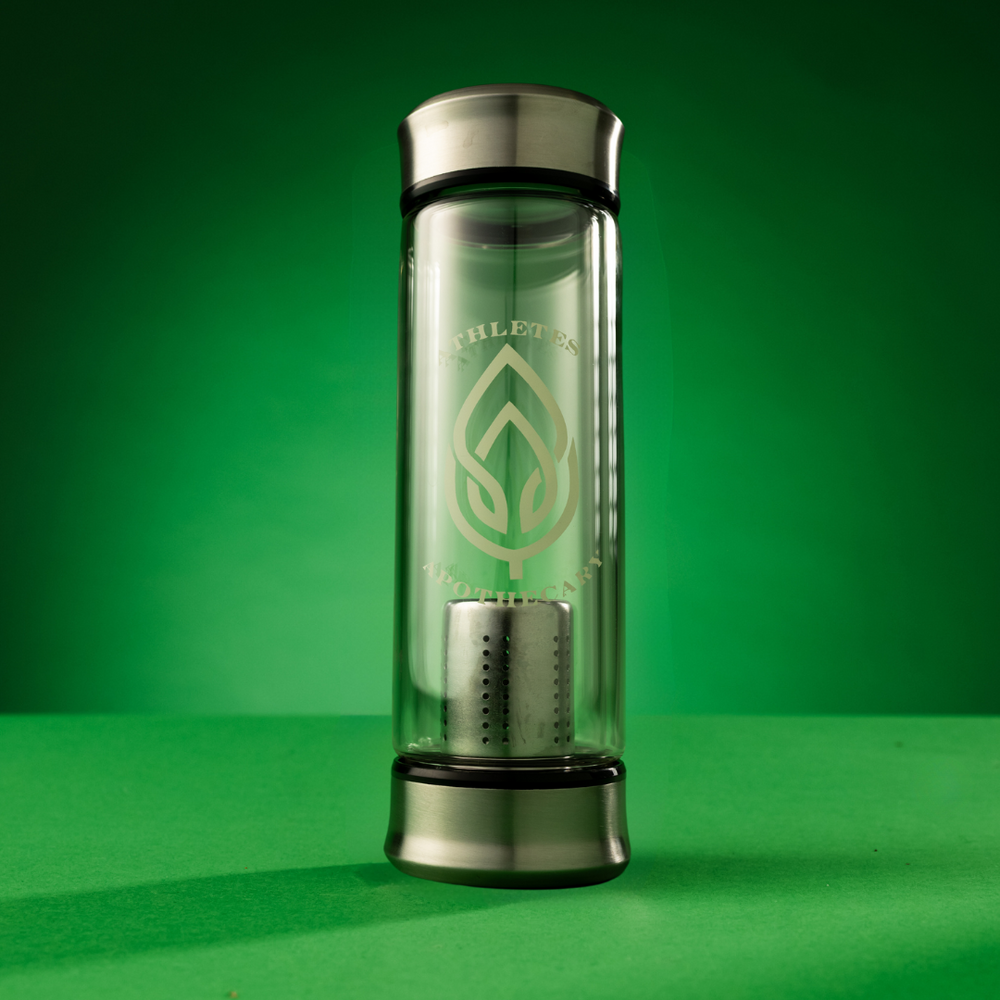Sleep is one of the most critical yet often overlooked components of athletic success. Whether you're training for a marathon, playing professional sports, or simply trying to improve your fitness, getting enough quality rest is essential for optimal performance. For athletes, sleep does more than just refresh the mind—it plays a key role in physical recovery, muscle repair, and overall well-being.

How Lack of Sleep Affects Performance
-
Muscle Recovery: During deep sleep, the body repairs muscles damaged during exercise. Growth hormones are released, which aid in tissue growth and muscle recovery. A lack of sleep can reduce the production of these hormones, slowing down recovery and increasing the risk of injury.
-
Mental Sharpness and Reaction Time: Athletes need mental clarity and fast reaction times, especially in high-pressure situations. Sleep deprivation impairs cognitive function, affecting focus, decision-making, and reaction speed, which are crucial in competitive sports. Even small amounts of sleep loss can lead to slower reflexes and delayed response times.
-
Endurance and Stamina: Studies have shown that athletes who sleep fewer than eight hours per night experience a reduction in endurance and stamina. Sleep deprivation increases fatigue, decreases aerobic output, and makes it harder to maintain high levels of performance during long training sessions or games.
-
Increased Risk of Injury: Athletes who get less sleep are more prone to injuries. A study published in the Journal of Pediatric Orthopaedics found that high school athletes who slept less than eight hours per night were 1.7 times more likely to experience an injury compared to those who slept eight or more hours. This is likely due to decreased concentration, slower reflexes, and improper recovery from daily training.
-
Emotional and Mental Health: Sleep deprivation is linked to increased stress, anxiety, and depression, all of which can affect athletic performance. Balancing training with mental well-being is crucial for athletes to avoid burnout and maintain long-term success. Quality sleep helps manage emotional health by regulating mood and lowering stress levels.

How to Improve Sleep as an Athlete
-
Establish a Sleep Routine: Go to bed and wake up at the same time every day, even on rest days. This helps regulate your body's internal clock and ensures you're getting consistent sleep.
-
Limit Screen Time Before Bed: Blue light from phones, laptops, and TVs can interfere with the production of melatonin, a hormone that regulates sleep. Turn off screens at least an hour before bedtime to help your body wind down naturally.
-
Create a Sleep-Friendly Environment: Keep your bedroom cool, dark, and quiet. Using a fan, blackout curtains, and a white noise machine can help block out disruptions that could interrupt your sleep.
-
Avoid Caffeine Late in the Day: While a pre-workout tea or energy drink might seem tempting, avoid caffeine within six hours of bedtime to ensure it doesn't interfere with your ability to fall asleep.
-
Incorporate Herbal Teas: Herbal teas, especially those containing ingredients like chamomile or lavender, can promote relaxation and better sleep. Drinking a blend like Athletes Apothecary’s Dream Big Tea before bed can help calm your mind and body, allowing you to fall asleep faster and enjoy a deeper, more restorative rest.

Final Thoughts: Sleep is a Key Performance Tool
For athletes, sleep is just as important as training and nutrition. Prioritizing quality rest can help you recover faster, improve mental sharpness, and reduce the risk of injury. By making sleep an essential part of your training regimen, you can elevate your performance and feel your best—both mentally and physically.
Take control of your rest by building a consistent sleep routine and incorporating natural sleep aids like Dream Big Tea to help you unwind after a long day of training. Your body—and your game—will thank you.









